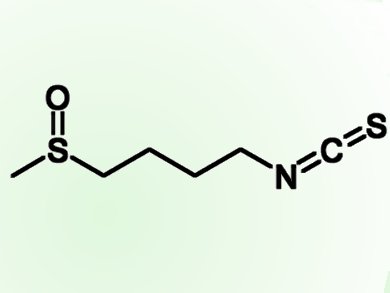Acute lymphoblastic leukemia is the most common form of blood cancer affecting children. Although the current treatments cure 8 % of the patients, in the remaining cases the disease recurs and it can be fatal. Thus, novel drugs effective against relapses are needed.
To this regard, Koramit Suppipat, Texas Children’s Hospital, USA, and colleagues investigated the anti leukemic properties of sulforaphane, a dietary isothiocyanate abundant in cruciferous vegetables, such as broccoli. This compound blocked the proliferation of pediatric leukemic cells and selectively promoted their death, mostly by inhibiting Akt and mTOR, two serine/threonine kinases necessary for the survival of these malignant cells. When administered orally to mice affected by leukemia, moreover, sulforaphane reduced the progression of the tumor.
This compound may thus be beneficial for acute lymphoblastic leukemia patients at high risk of relapse.
- Sulforaphane Induces Cell Cycle Arrest and Apoptosis in Acute Lymphoblastic Leukemia Cells,
K. Suppipat, C. Shik Park, Y. Shen, X. Zhu, H. D. Lacorazza,
PLOS ONE 2012.
DOI: 10.1371/journal.pone.0051251


